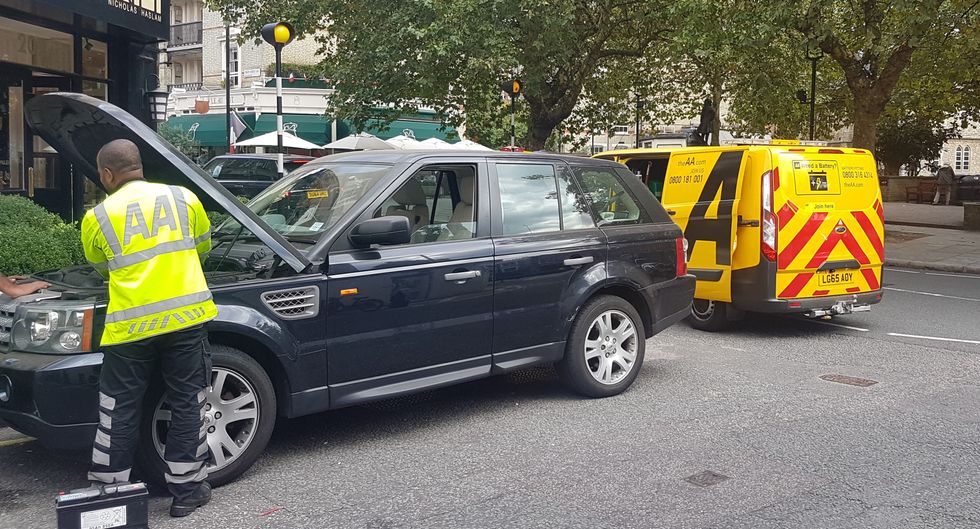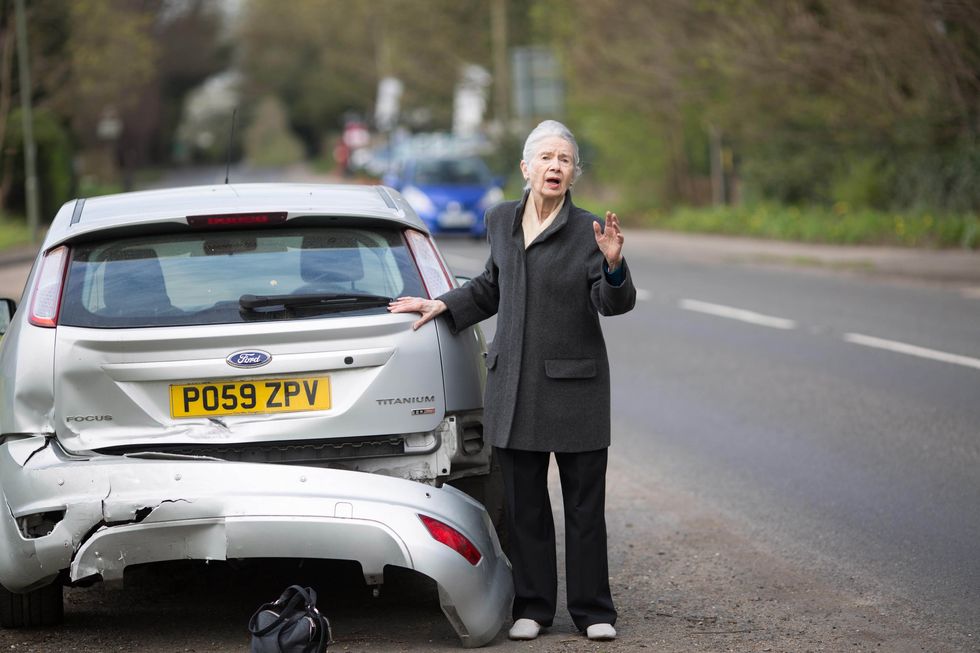WATCH: Department For Transport announces measures to make it cheaper to install electric vehicle charge points
GB NEWS
Electric cars have more technical issues than petrol and diesel vehicles
Don't Miss
Most Read
Trending on GB News
Electric cars have been found to be more likely to break down and cause delays on UK roads than petrol and diesel vehicles, according to a new report.
The AA found that electric vehicles were more susceptible to common issues like punctures and flat batteries as well as other unique problems that would only occur in greener vehicles.
Jakob Pfaudler, CEO at the AA, detailed how there are a lot of common misconceptions surrounding greener vehicles, including the fact that they break down less frequently than petrol and diesel vehicles.
"Currently, at least, that is not the case; the breakdown rate is, in fact, slightly higher for electric vehicles than for internal combustion-engine vehicles," he told The Telegraph.
Do you have a story you'd like to share? Get in touch by emailingmotoring@gbnews.uk

The AA boss explained that EVs cause more breakdowns than petrol and diesel cars
PAThe AA found that EVs specifically suffer from issues, including jammed charging cables and technical glitches that aren't present in conventional petrol and diesel cars.
Edmund King, AA president, noted that EV drivers often react differently to warning lights compared to petrol motorists.
He explained that electric vehicle owners tend to immediately shut down their cars at the roadside when confronted with warning lights.
This compares with petrol car drivers, who are more likely to continue to the nearest garage when seeing alert signs for oil pressure warnings.
Meanwhile, the AA explained that different driver behaviours also contribute to the higher breakdown rates for electric vehicles.
Technical issues specific to EVs can be particularly concerning for drivers unfamiliar with the technology, as jammed charging cables could risk leaving motorists stranded on UK roads.
Despite these challenges, King stated that around 90 per cent of breakdowns involving EVs can be fixed at the roadside. This compares favourably to the 86 per cent success rate for conventional vehicles.
Other issues unique to electric vehicles include computer glitches, which the AA said can be resolved through a simple reboot by technicians.
The AA also noted that cases of EVs catching fire due to lithium-ion battery issues were rarer, while callouts for vehicles running out of charge have decreased significantly, falling from seven per cent of AA's total to around two per cent.
This improvement has been largely attributed to the increased roll-out of chargers across the UK, with there now more than 75,000 chargers in place.
Melanie Shufflebotham, Co-founder and COO at Zapmap, said: "An extensive network of public charging, especially high visibility hubs, helps drive confidence for the next wave of drivers who will be making the switch to electric over the next few years.
"As the infrastructure continues to grow, Zapmap’s focus is to make sure that EV drivers have access to the best up-to-date information so they can find and pay for public charging with confidence."
LATEST DEVELOPMENTS:

Around 86 per cent of petrol and diesel car breakdowns can be fixed on the roadside
PAThe percentage of EVs running out of power was still twice the amount for conventional cars running out of petrol or diesel, the AA revealed.
The AA said it had been forced to spend more than £10million over the past two years to train its 3,000 employees to assist EV drivers.
However, Pfaudler did caution about committing too much money to EVs given recent sales declines. "EVs still don't have a very high penetration in the UK. We need to make sure we don't train people with something they will only apply once in a blue moon," he said.








